Englishmen used to be deported to Australia as a punishment. Now they get sent back to England as an act of mercy. There was not much of a campaign to ‘free the press box three’ after Australia’s immigration services ordered the eviction of the men from the Sun, Mirror and Daily Mail before the winter’s wretched Ashes tour was over. Having arrived with the players for the warm-up matches and watched as defeat followed humiliating defeat, they were the last men standing when the one-day series got under way. Other papers had kindly brought home their ‘dukes’ after the Test series and sent the ‘butlers’, as cricket reporters call each other, to cover the hit and giggle.
The long-suffering three, though, were only permitted to stay for 90 days, meaning they were released from the burden of covering the final two weeks, as a 5-0 Ashes walloping was followed by a 4-1 defeat in the 50-over games and a 3-0 collapse in the Twenty20s.
It is hard to think of a grimmer winter for English cricketers. This series has a casualty rate resembling Passchendaele. Andy Flower has already fallen on his sword as head coach and Graeme Swann chose to retire mid-series, declaring, reasonably enough, that he was rubbish. Swann was one of eight players who were at the core of what was — we should not forget — one of the most successful England sides there has been. From 2009 to the end of last summer, they won the Ashes three times and the World Twenty20, got to No. 1 in all three formats of the game and beat India away from home. These were fabulous achievements, but you cannot rest on your laurels.
How many of those eight will we not see in England colours again? Jonathan Trott pulled out of the tour with unspecified mental issues and may soon join Swann in retirement; Matt Prior’s form has collapsed; James Anderson is starting to look old; and now we know that the disruption that Kevin Pietersen brought to the dressing room has outweighed the runs that once exploded with beauty and brutality from his bat. His international career has been terminated, and the casualty toll has grown again.
Of the core players, that leaves Alastair Cook, who looked desperately in need of a rest by the end of the tour, Ian Bell and Stuart Broad. Doubtless they will continue for a bit, but they need the next generation to start emerging this summer. Elite sport is about constant reinvention. Australia had to do it when Warne, McGrath, Gilchrist, Hayden and others retired. England needs new heroes.
There have been plenty of droughts in the history of English cricket. After winning the Bodyline Ashes in 1933, they did not beat Australia for 20 years. The gap between Gatting’s Ashes and Flintoff’s Ashes was even longer. That is nothing compared to the long dark ages experienced by British tennis. Andy Murray still gets abuse from some ignorant ‘fans’, who think he should smile more or show emotion or be less Scottish, but remember what he has done for us. A first British men’s winner of Wimbledon for 77 years, a first Olympic gold medal since 1920 and now a place in the Davis Cup World Group quarter-finals after guiding Britain to their first win over the USA since 1935.
Murray does not have to play in the Davis Cup. He could have sat last weekend out. Rafael Nadal did — and Spain lost. To get to three points out of a possible five, Britain also needed an extraordinary win on the first day from James Ward, but Murray is the chemical that makes Britain a World Group contender. God knows what we would do if Scotland declares independence. Go back to playing with Burkina Faso and Vanuatu, I suppose.
Got something to add? Join the discussion and comment below.
Get 10 issues for just $10
Subscribe to The Spectator Australia today for the next 10 magazine issues, plus full online access, for just $10.


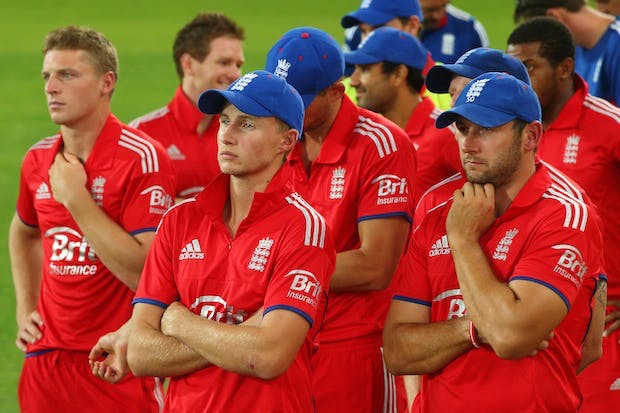


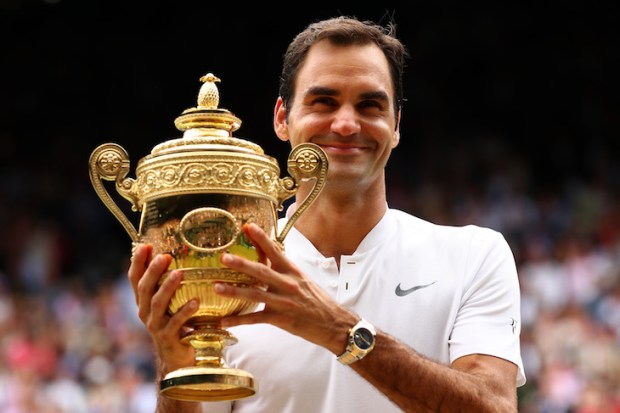
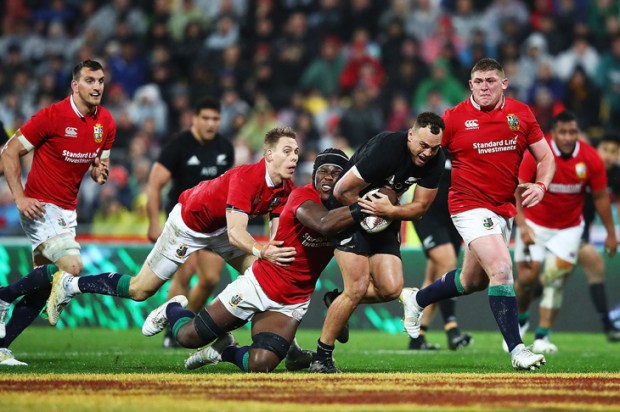
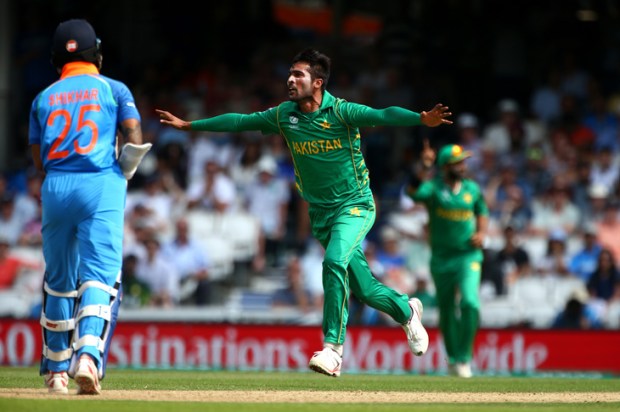
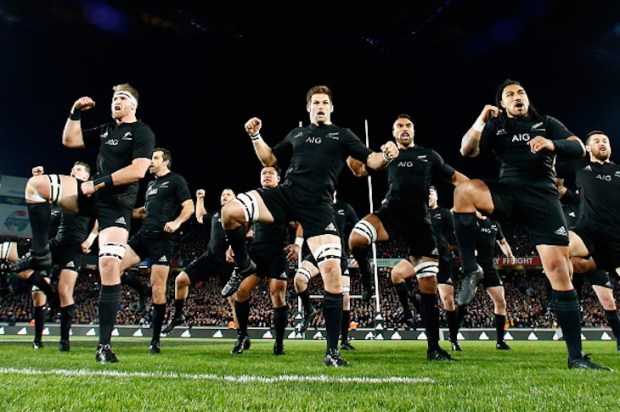






Comments
Don't miss out
Join the conversation with other Spectator Australia readers. Subscribe to leave a comment.
SUBSCRIBEAlready a subscriber? Log in